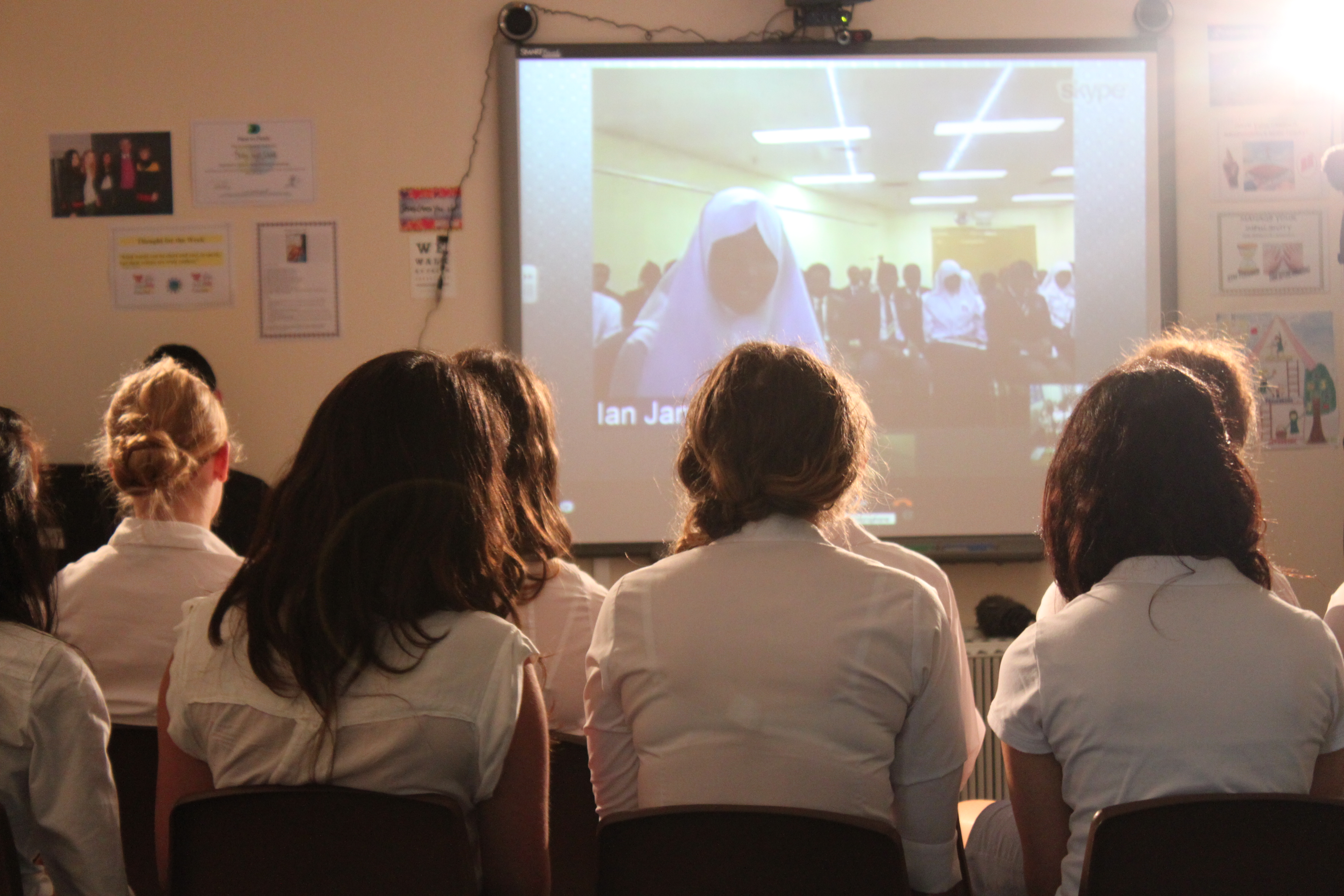The Evolving Perception of Dyslexia

An edtech CEO looks back on three decades of progress in identifying and helping students with reading disabilities.
By Tyson Smith
Years ago, I was talking with a district administrator about how they approached dyslexia in her district. She responded, “We don’t talk about the ‘d’ word.” She told me that dyslexia put the district in a compromising situation, since they didn’t have to offer services to students with dyslexia. Since districts didn’t have the knowledge or tools to support students with reading disabilities, some leaders preferred to sweep it under the rug. Fortunately, a lot has changed. Here are a few ways our perceptions about dyslexia has evolved, allowing us to open up the conversation and take the fear out of accommodating students with dyslexia.
Talking About the ‘D’ Word
Fifteen years ago, I saw an opinion piece in a local Utah newspaper about a woman whose son with dyslexia wasn’t learning how to read in his public school system because they weren’t providing the appropriate instruction and accommodations. The woman only knew of two schools in the state that were providing adequate instruction. I reached out to her so we could meet, and coincidentally, she lived two miles from my office.
From there, I learned the power of an angry mom. She formed an organization called the Utah Residents Empowered to Address Dyslexia (UREAD) to work with the state office and districts who would listen to them. They got the attention of the principals of the schools their kids were going to and tried to bring in reading programs that would address the needs of students who struggled with reading. They held a conference in Utah and got one of the biggest names in reading, Dr. Joseph Torgesen, as a keynote speaker. I couldn’t believe the traction they were getting.
Since then, all 50 states have opened a branch of Decoding Dyslexia, a network that aims to raise awareness and inform policymakers about dyslexia. We are starting to see legislation pass that we would never have seen 20 years ago. Arkansas, for example, recently passed the Reading Initiative for Student Excellence (R.I.S.E.), which requires every K–6 educator to be proficient in the science of reading and to have the ability to teach students the code of English. It also requires every 7–12 educator to be aware of the practice.
I think these initiatives were driven to a major degree by Decoding Dyslexia and the parents and guardians who banded together to help raise awareness and hold schools accountable for addressing the needs of their students. Thanks to them, our knowledge of the importance of supporting students with dyslexia is only growing.
Teaching the Teachers about Dyslexia
While our conversation about dyslexia has changed tremendously for the better, our pedagogical approach to supporting these students hasn’t. It doesn’t really need to. In the 35 years Reading Horizons has been around, we have mastered the approach to multi-sensory, phonics-based literacy—which is the most effective way to teach students with reading disabilities how to read. The only difference is that now, we have the research to back it up. This methodology has worked for decades; it’s just a matter of whether schools are teaching with this approach or not. It’s like the Coke formula: We didn’t try new Coke. We just stick with Coke Classic because it works.
Educators’ awareness of how transformative it can be to accommodate students with dyslexia has come a long way, but we need to take that knowledge and give it to our pre-service teachers. They need to learn the rules that govern language while they’re in college so they can pass that science along to their future students.
Many educators teaching right now didn’t grow up learning through technology, so learning and utilizing technology in their classrooms has been a challenge. As time marches on, we will see more and more adaptations and improvements not only to edtech tools but in how we properly train teachers on how to blend these technologies in with their instruction.
With more quality training and familiarity, teachers will feel confident in the role technology plays. These tools won’t replace educators but augment what educators can do and give them more time to mentor students individually. Digital curriculum also gives students more control of their learning path and environment so they can take on more content when they’re ready and be able to hone the skills they need to improve.
Everyone Knows Somebody with Dyslexia
Research shows that 1 in 5 students has a language-based learning disability, the most common of those being dyslexia. That only counts the students who have gotten a proper diagnosis. In short, everyone reading knows someone with dyslexia. I’ve met many people with reading challenges over my decades in edtech, but one of them especially stands out.
Early in my career, I visited a juvenile detention facility in Skagit County, Washington, where they were using our program to teach juvenile offenders how to read. After my presentation, three students stood up and talked about their experience. It impacted me in a way I can’t even explain.
One 16-year-old student shared that when he came into the facility, he could only read picture books—and now he could read chapter books. Another teenager pulled papers out of his pocket where he had copied down the phonics rules so he could practice them on his own. I asked them how learning to read would affect their lives when they left the facility. One student was excited to be able to read street signs, to be confident in filling out a job application, and even take a girl on a date and be able to order from the menu by himself. These were everyday aspects of life I hadn’t thought twice about but had held these kids back all their lives.
What I saw that day more than anything else was confidence. When you learn to read after struggling for so long, you feel empowered. And when you feel empowered, your self-worth and self-esteem start to grow. That visit made me realize that my mission in life was to help teach as many people as possible the science of reading. With our increased awareness of dyslexia leading to more legislation and a stronger sense of responsibility to educate ourselves, I look forward to a future in which everyone in education comes together to teach every student the reading skills they need to live rich and fulfilling lives.
Tyson Smith is the CEO of Reading Horizons, a structured literacy program that is celebrating its 35th anniversary in improving students’ reading abilities through a multisensory, phonics-based literacy approach.




